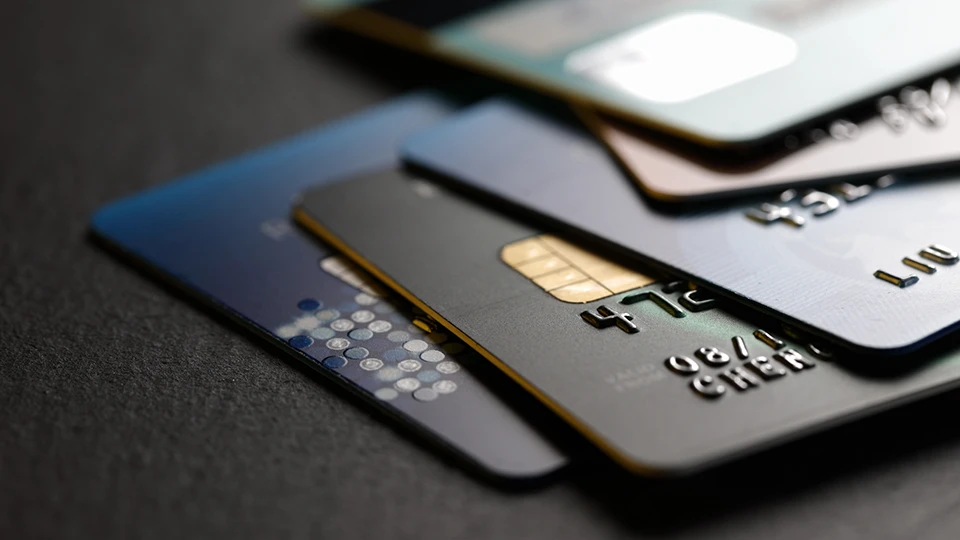In the vast and often complex world of online data, some platforms have emerged to serve niche markets dealing with bclub sensitive financial information. One such platform that has gained notoriety is bclub — widely known as a source for premium dumps and CVV2 data. If you’re looking to understand what bclub is, how it operates, and what premium dumps and CVV2 mean, this guide will provide a detailed explanation.
Disclaimer: This article is for educational and informational purposes only. It does not promote or endorse illegal activities.
What Is bclub?
At its core, bclub is a platform that acts as a marketplace for buying and selling financial data — specifically bclub.tk premium dumps and CVV2 information. It caters to individuals and entities interested in acquiring stolen credit card data, often for fraudulent purposes.
While many may have heard of bclub in passing, its notoriety comes from how specialized and exclusive it is compared to other platforms in this domain. The platform is known for:
- Offering high-quality, verified dumps and CVV2 data.
- Maintaining a community of buyers and sellers.
- Ensuring a certain level of trustworthiness within a usually opaque market.
Because of the sensitive nature of the data involved, bclub operates discreetly, often on the dark web or through invite-only access.
What Are Premium Dumps?
To understand bclub, you first need to grasp what premium dumps are.
A dump refers to a raw data copy extracted from the magnetic stripe of a credit or debit card. This data includes information such as the card number, expiration date, cardholder name, and security codes.
Premium dumps are considered high-quality dumps that often come with additional verified information making them more valuable and usable for fraudulent transactions. They typically include:
- Accurate track data from the card’s magnetic stripe.
- Verified balances or active status.
- Additional personal identification information (PII) linked to the cardholder.
- Sometimes, extra security details that facilitate unauthorized use.
Such premium dumps are prized in illegal markets because they increase the chances of successfully cloning cards or making fraudulent purchases.
What is CVV2?
CVV2, or Card Verification Value 2, is a three- or four-digit security code printed on credit and debit cards. It is used to verify that the person making an online transaction physically possesses the card, helping to prevent fraud.
In legitimate online payments, merchants request the CVV2 to authorize transactions.
On platforms like bclub, CVV2 data is sold alongside other card details to enable full access to the card information, facilitating unauthorized online purchases or identity theft.
How Does bclub Work?
bclub operates as a marketplace connecting sellers who have stolen or hacked financial data with buyers seeking this data for fraudulent purposes. Here’s a basic overview of how it typically works:
1. Seller Verification and Listings
Sellers submit premium dumps and CVV2 data to the platform. The data often undergoes verification to ensure its validity and usefulness.
2. Buyer Access and Purchase
Buyers browse the listings and select the data sets they want to purchase. Payment methods are often cryptocurrencies to maintain anonymity.
3. Delivery and Support
Once purchased, the seller delivers the data files through the platform. Some platforms like bclub also provide customer support or dispute resolution to maintain credibility.
4. Usage and Risk
Buyers then use this data for various fraudulent activities, ranging from cloning cards to making unauthorized purchases.
Why Is bclub Considered “Ultimate” in This Niche?
Several factors make bclub stand out in the niche market of premium dumps and CVV2 data:
- High Quality & Verified Data: bclub is reputed for maintaining strict standards on the quality and validity of the data sold.
- Active Community: The platform fosters a community atmosphere with reviews, ratings, and feedback mechanisms.
- Security & Anonymity: It employs secure communication channels, often on encrypted or darknet platforms, ensuring privacy for users.
- Customer Support: Unlike many other platforms, bclub sometimes offers dispute handling and support for buyers.
- Exclusive Access: Entry to bclub may be restricted, making it harder for scammers and increasing trustworthiness.
The Risks and Legal Issues Around bclub and Similar Platforms
It’s important to recognize the serious legal and ethical risks tied to platforms like bclub:
1. Illegal Activity
Buying or selling dumps and CVV2 data is illegal in almost every jurisdiction. It constitutes fraud, theft, and identity violation.
2. Law Enforcement Monitoring
Such platforms are closely monitored by international law enforcement agencies. Many have been shut down or infiltrated over time.
3. Financial Consequences
Victims of stolen data face financial loss, and individuals involved in these markets risk hefty fines, criminal charges, and imprisonment.
4. Ethical Concerns
Using stolen data harms innocent people and contributes to a cycle of crime.
How to Protect Yourself From Being a Victim
Understanding bclub and similar platforms is also useful to improve your own security and avoid becoming a victim of data theft.
1. Use Strong Passwords & 2FA
Secure your financial accounts with strong, unique passwords and enable two-factor authentication.
2. Monitor Your Bank Statements
Regularly review your bank and credit card statements for unauthorized transactions.
3. Avoid Phishing Scams
Be cautious about unsolicited emails or links requesting your financial information.
4. Use Secure Networks
Avoid conducting financial transactions over unsecured public Wi-Fi networks.
5. Update Software
Keep your devices and apps updated to protect against malware.
Conclusion
bclub is a specialized platform known for offering premium dumps and CVV2 data — critical components in financial fraud schemes. While it’s described by some as the “ultimate” platform in this niche, it represents a dangerous and illegal side of the internet economy.
Awareness of how platforms like bclub operate can help individuals and organizations protect themselves against data breaches and fraud. Always prioritize your digital security and stay vigilant about your financial information.

